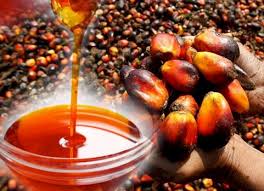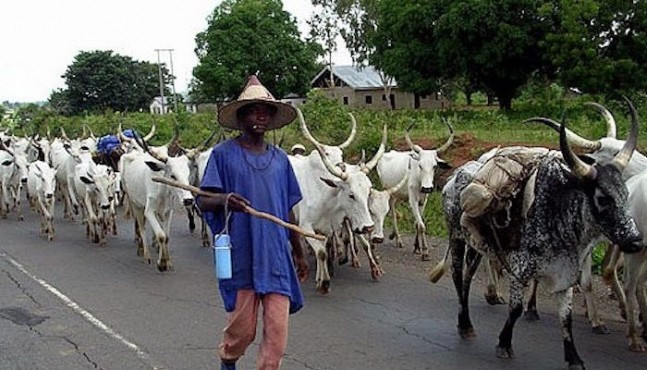Nigeria which is traditionally the largest importer of Norwegian stockfish, experienced a drop in imports in 2023.
Expressing concern over the reduction, the Norwegian Seafood Council revealed during a workshop in Lagos highlighted that challenges linked to Nigeria’s economic recession and currency difficulties played a substantial role in the decline.
Join our WhatsApp Channel“Our stockfish is of top quality. It is the best cod we have in Norway and the world, and we are so happy that it has become a very important part of Nigerian cuisine,” stated a representative from the Norwegian Seafood Council, emphasizing the product’s significance in Nigerian culinary culture.
READ ALSO: Africa Needs More Value For Agric Exports
The Council further pointed out that besides stockfish, other seafood imports like herring and mackerel faced declines in both volume and value, illustrating a broader market trend.
Highlighting the significance of the seafood industry, Senator Abubakar Kyari, Minister of the Federal Ministry of Agriculture and Food Security, emphasized its contribution to the Nigerian economy and employment generation.
While acknowledging the challenges, the Council also shared insights into possible avenues for Nigeria to expand its seafood export potential beyond oil, emphasizing the need for competence building in aquaculture. Senator Kyari echoed this sentiment, citing the value of the seafood industry in Nigeria’s economic landscape.
The data presented during the workshop underscores a shifting landscape in Nigeria’s seafood import market, signaling both challenges and potential opportunities for the country’s economic diversification beyond its reliance on oil.
Emmanuel Ochayi is a journalist. He is a graduate of the University of Lagos, School of first choice and the nations pride. Emmanuel is keen on exploring writing angles in different areas, including Business, climate change, politics, Education, and others.


















Follow Us